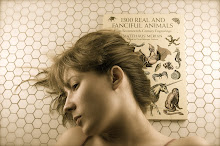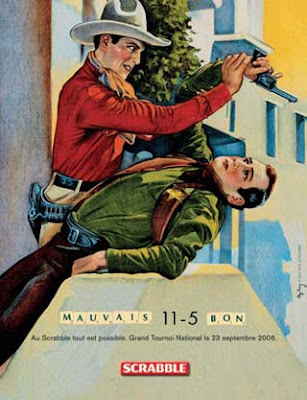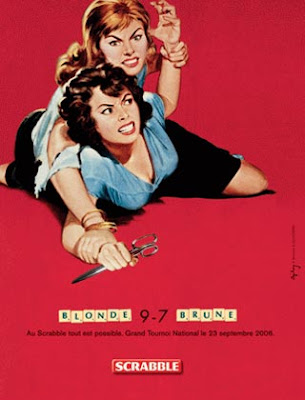
The pansy or pansy violet is a plant cultivated as a garden flower. Pansies are derived from Viola tricolor also called the Heartsease or 'Johnny Jump Up'. However, many garden varieties are hybrids and are referred to as Viola × wittrockiana but sometimes they are listed under the name Viola tricolor hortensis. The name "pansy" also appears as part of the common name of a number of wildflowers belonging, like the cultivated pansy, to the genus Viola. Some unrelated species, such as the Pansy Monkeyflower, also have "pansy" in their name.
The name pansy is derived from the French word pensée meaning "thought", and was so named because the flower resembles a human face; in August it nods forward as if deep in thought. Because of this the pansy has long been a symbol of Freethought[1] and has been used in the literature of the American Secular Union. Humanists use it too, as the pansy's current appearance was developed from the Heartsease by two centuries of intentional crossbreeding of wild plant hybrids. The Freedom From Religion Foundation (FFRF) uses the pansy symbol extensively in its lapel pins and literature.
The word "pansy" has indicated an effeminate male since Elizabethan times and its usage as a disparaging term for a man or boy who is effeminate (as well as for an avowedly homosexual man) is still used. (There is a queercore musical band called Pansy Division, drawing on this association.) The word "ponce" (which has now come to mean a pimp) and the adjective "poncey" (effeminate) also derive from "pansy".
The pansy remains a favorite image in the arts, culture, and crafts, from needlepoint to ceramics. It is also the flower of Osaka, Japan.
* In 1827, Pierre-Joseph Redouté painted Bouquet of Pansies.
* In 1926, Georgia O'Keeffe created a famous painting of a black pansy called simply, Pansy. She followed with White Pansy in 1927.
* D. H. Lawrence wrote a book of poetry entitled Pansies: Poems by D. H. Lawrence.
* In William Shakespeare's play A Midsummer Night's Dream, the juice of a pansy blossom ("before, milk-white, now purple with love's wound, and maidens call it love-in-idleness") is a love potion: "the juice of it, on sleeping eyelids laid, will make or man or woman madly dote upon the next live creature that it sees." (Act II, Scene I see also: Oberon at II, i). Since the cultivated pansy had not yet been developed, "pansy" here means the wild Heartsease, and the idea of using it as a love potion was no doubt suggested by that name. The folkloric language of flowers is more traditional than scientific, with conventional interpretations, similar to the clichés about animals such as the "clever fox" or "wise owl". Ophelia's oft-quoted line, "There's pansies, that's for thoughts", in Hamlet (Act IV, Scene V) comes from this tradition: if a maiden found a honeyflower and a pansy left for her by an admirer, it would mean "I am thinking of our forbidden love" in symbol rather than in writing.






